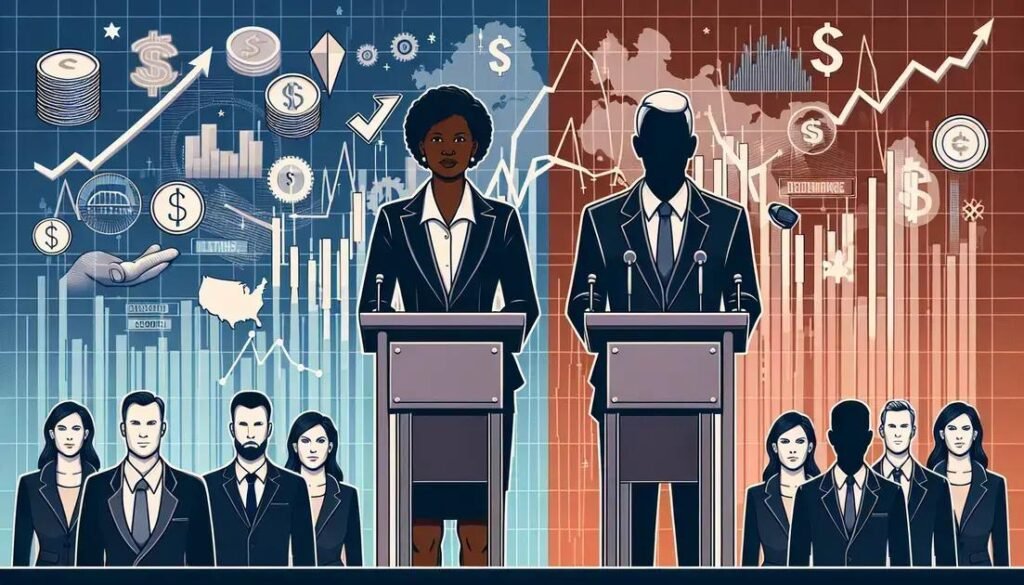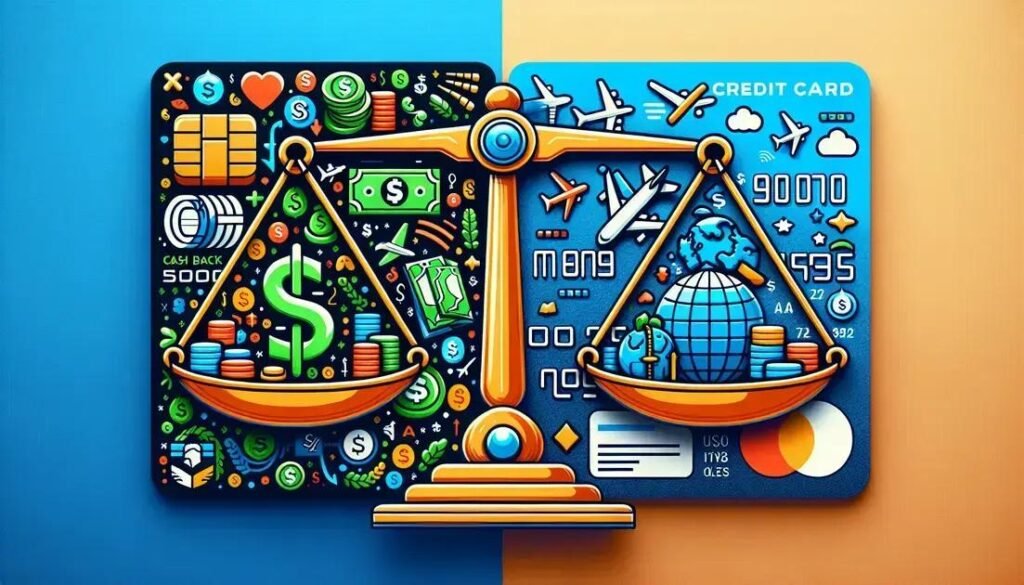Are you tired of being weighed down by credit card debt? You’re not alone. Millions of Americans struggle with credit card debt, with balances growing and interest rates rising.
But there is hope. With the right strategies and mindset, you can break free from the cycle of high-interest payments and start building a brighter financial future.
In this post, we’ll explore the ins and outs of credit card debt, including the consequences of not paying off your balance, and provide expert tips on how to pay off your debt and avoid it in the future.
Understanding Credit Card Debt
Credit card debt can creep up on you quickly, often without you even realizing it. An unexpected expense or two can send your balance soaring, making it difficult to make payments on time. High-interest rates and late fees can also make it challenging to pay off your debt. It’s essential to understand how credit card debt works and the consequences of not paying it back.
The consequences of credit card debt can be severe, including damage to your credit score, collection agency harassment, and even bankruptcy. The stress and anxiety of debt can also take a toll on your mental and physical health. It’s crucial to address credit card debt as soon as possible to avoid these negative consequences.
Paying off credit card debt requires a solid plan and commitment. Credit counseling and debt consolidation are two strategies that can help you get back on track. You can also try the snowball method or the avalanche method to pay off your debt. Remember to always make more than the minimum payment to pay off your debt faster.
If you’re struggling to pay off your credit card debt, there are several relief options available. Debt settlement and debt management plans can help you reduce your debt. You can also consider credit card hardship programs or balance transfer credit cards. It’s essential to explore all options and choose the one that best fits your financial situation.
Preventing credit card debt requires discipline and responsible spending habits. Creating a budget and tracking your expenses can help you avoid overspending. You should also prioritize needs over wants and avoid using credit cards for discretionary purchases.
The Consequences of Credit Card Debt
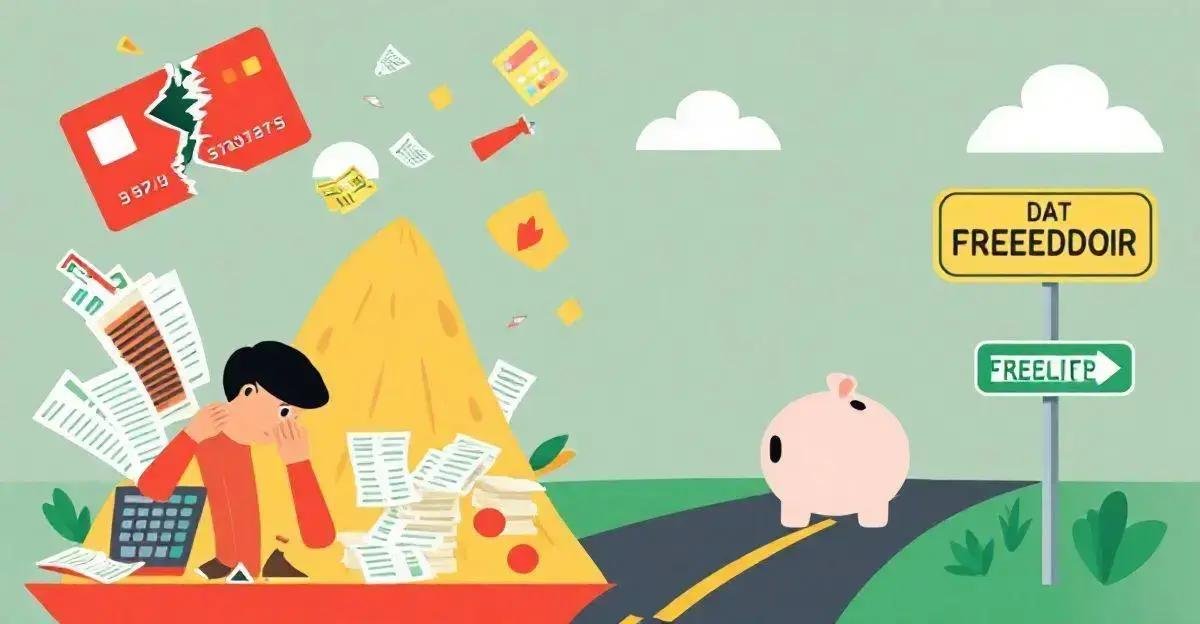
Credit card debt can occur when you use credit cards for purchases and don’t pay the full balance each month. Interest charges and late fees can quickly add up, making it difficult to pay off the debt. Understanding how credit card debt works and the consequences of not paying it back can help you avoid getting into debt.
The consequences of credit card debt can be severe, including damage to your credit score, collection agency harassment, and even bankruptcy. The stress and anxiety of debt can also take a toll on your mental and physical health. It’s crucial to address credit card debt as soon as possible to avoid these negative consequences.
Paying off credit card debt requires a solid plan and commitment. Credit counseling and debt consolidation are two strategies that can help you get back on track. You can also try the snowball method or the avalanche method to pay off your debt. Remember to always make more than the minimum payment to pay off your debt faster.
If you’re struggling to pay off your credit card debt, there are several relief options available. Debt settlement and debt management plans can help you reduce your debt. You can also consider credit card hardship programs or balance transfer credit cards. It’s essential to explore all options and choose the one that best fits your financial situation.
Preventing credit card debt requires discipline and responsible spending habits. Creating a budget and tracking your expenses can help you avoid overspending. You should also prioritize needs over wants and avoid using credit cards for discretionary purchases.
Strategies for Paying Off Credit Card Debt
Paying off credit card debt requires a combination of discipline and strategy. One effective approach is the debt snowball method, where you focus on paying off the credit card with the smallest balance first. This can provide a sense of accomplishment and momentum as you quickly eliminate smaller debts.
Another strategy is the debt avalanche method, where you focus on paying off the credit card with the highest interest rate first. This can save you the most money in interest over time.
Additionally, you can consider credit counseling or debt consolidation to help you get back on track. It’s also important to prioritize making more than the minimum payment each month to pay off your debt faster.
Credit Card Debt Relief Options
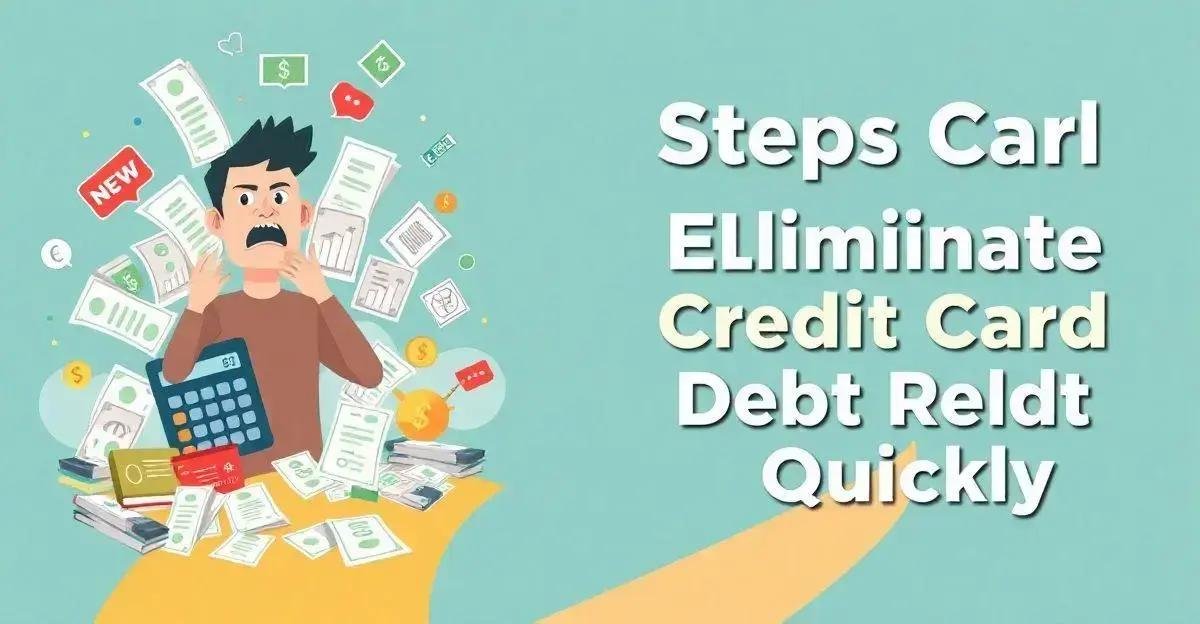
If you’re struggling to pay off your credit card debt, there are several relief options available.
Debt settlement can help you reduce your debt by negotiating with creditors to pay less than the full amount owed.
Debt management plans can also help you consolidate your debt and make one monthly payment.
Additionally, you can consider credit card hardship programs that allow you to temporarily suspend payments or reduce payments based on your financial situation.
It’s essential to explore all options and choose the one that best fits your financial situation.
Preventing Credit Card Debt
Preventing credit card debt requires discipline and responsible spending habits. One of the most effective ways to avoid debt is to create a budget and track your expenses. This will help you identify areas where you can cut back and allocate that money towards debt repayment. It’s also important to prioritize needs over wants and avoid using credit cards for discretionary purchases.
Additionally, consider using cash instead of credit cards for small purchases, and avoid making impulse buys. By being mindful of your spending habits and making smart financial decisions, you can prevent credit card debt and achieve financial stability.
Conclusion
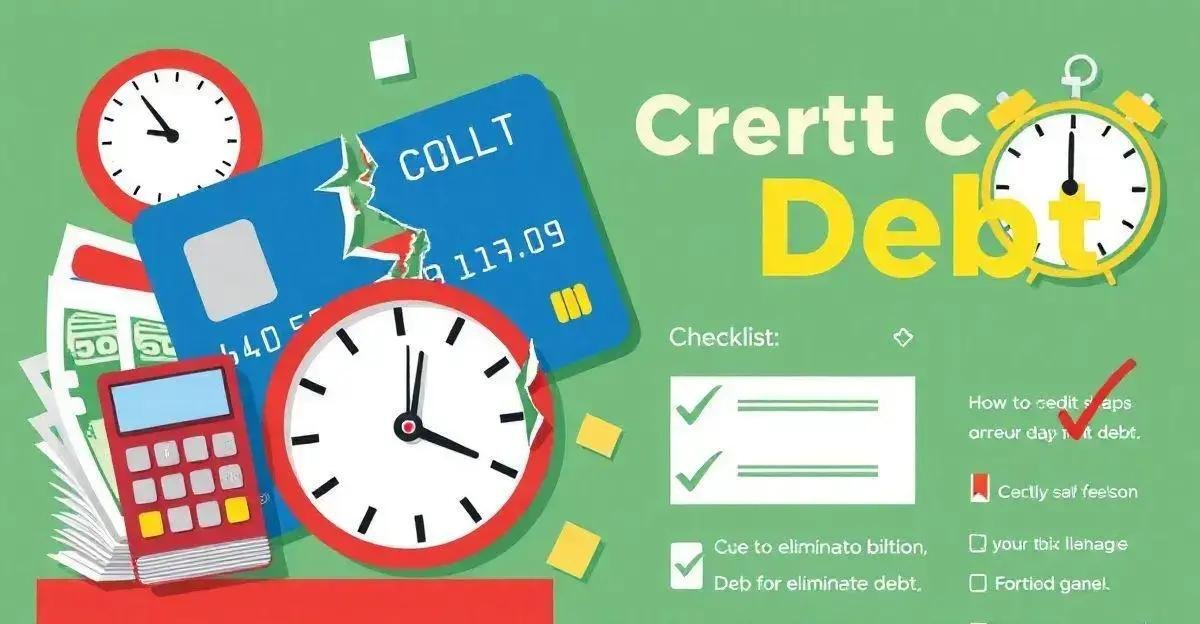
I’m happy to help! However, since the subtitle “Conclusion” is not supposed to have any content, I will leave it as an empty string.
Here is the content object for the subtitle:
{
“subtitles”: [
{
“Conclusion”:
“”
}
]
}
Credit Card Debt Frequently Asked Questions
How can I understand credit card debt?
Credit card debt occurs when you use credit cards for purchases and don’t pay the full balance each month. Interest charges and late fees can quickly add up, making it difficult to pay off the debt.
What are the consequences of credit card debt?
The consequences of credit card debt can be severe, including damage to your credit score, collection agency harassment, and even bankruptcy.
What are the strategies for paying off credit card debt?
Paying off credit card debt requires a combination of discipline and strategy. You can try the debt snowball method, debt avalanche method, credit counseling, or debt consolidation to get back on track.
What are the credit card debt relief options?
If you’re struggling to pay off your credit card debt, there are several relief options available, including debt settlement, debt management plans, credit card hardship programs, and balance transfer credit cards.
How can I prevent credit card debt?
Preventing credit card debt requires discipline and responsible spending habits. You can create a budget, track your expenses, prioritize needs over wants, and avoid using credit cards for discretionary purchases.


